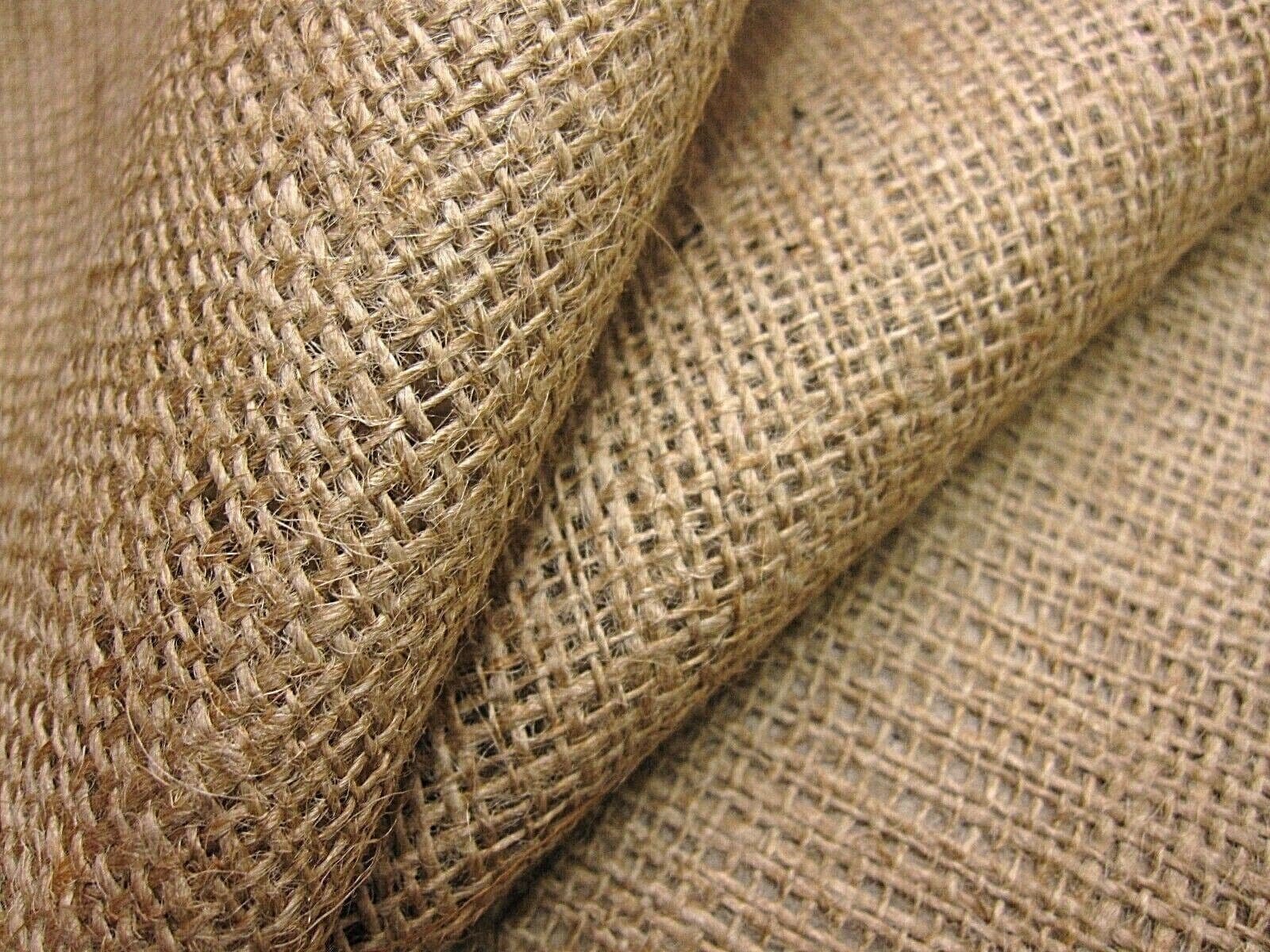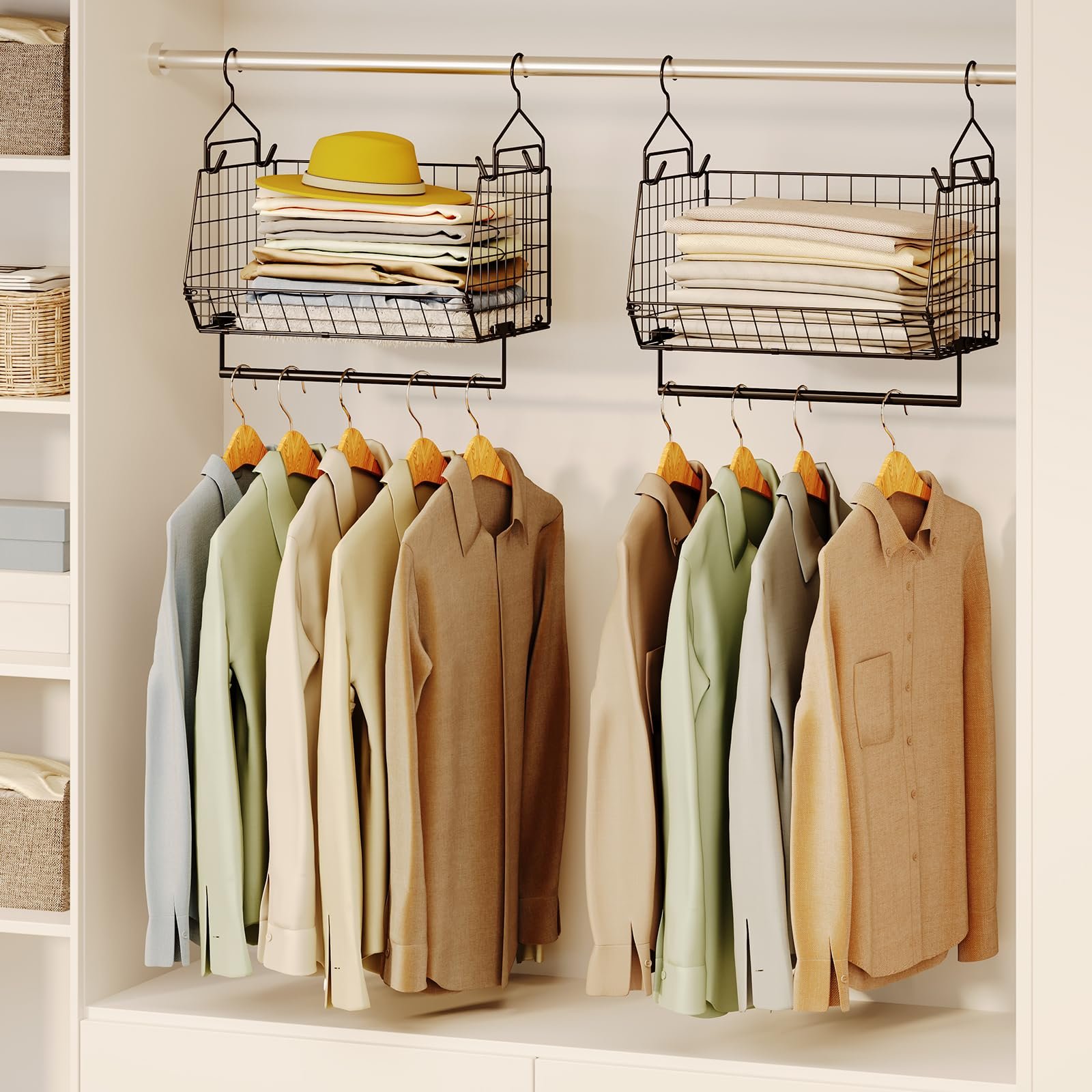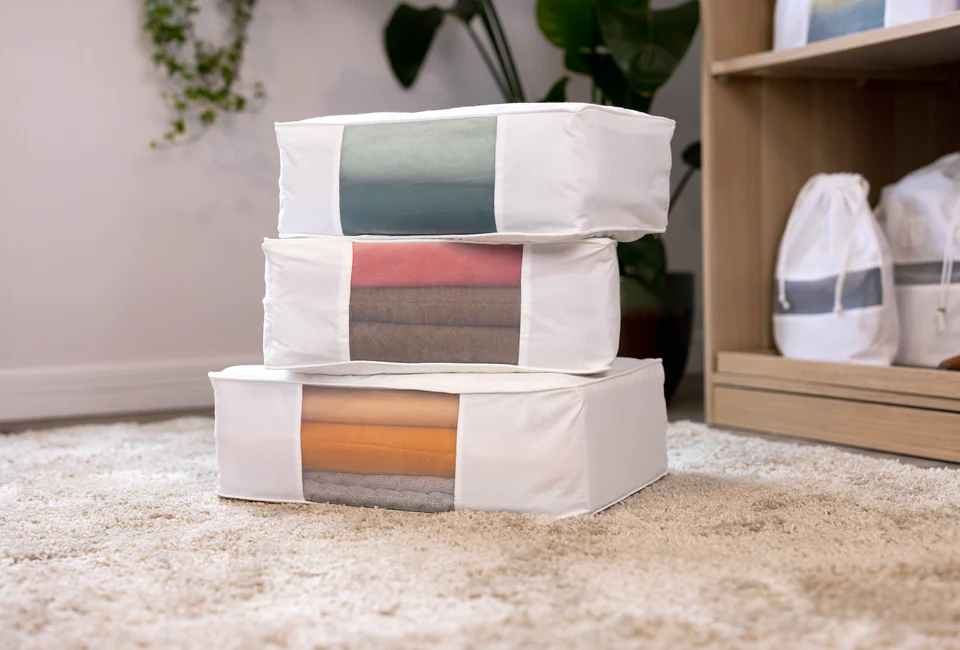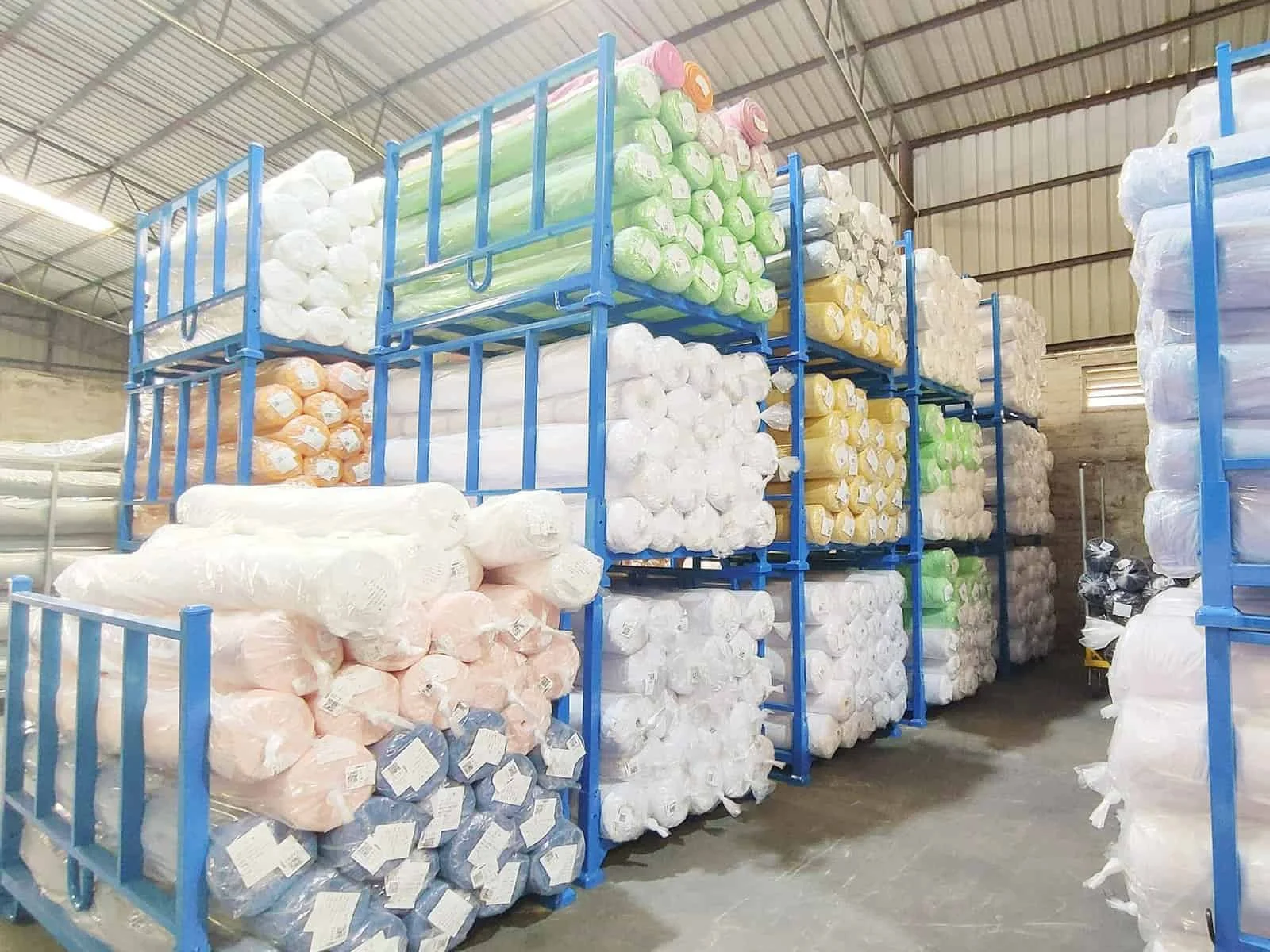Many people don’t know how to fold sheets for storage. As someone deeply involved in the production of home storage products, I understand the importance of proper sheet folding techniques for efficient storage. Foldability is more than just a feature; It’s an art form that can play a big role in maximizing space and keeping your sheets in their pristine condition.
So, how to fold sheets for storage?
The key to successful sheet folding lies in mastering a few simple steps. First, start by laying the sheet flat on a clean, spacious surface, such as a bed or a table. Next, smooth out any wrinkles or creases to ensure a neat result. Then, fold the sheet in half vertically, matching up the corners and edges as precisely as possible. Once you have a long rectangle, fold it in half again to create a smaller rectangle. From there, neatly fold the sheet into thirds or quarters, depending on your preferred storage method.
But why is proper folding important? Well, besides the obvious benefit of saving space, neatly folded sheets are less prone to wrinkling and tangling, ensuring that they remain in pristine condition until their next use. Plus, an organized linen closet or storage space not only looks visually appealing but also makes it easier to locate and access linens when needed.

How to Fold Sheets?
Sheet – the bane of many homemakers’ existence. But fear not, for I have mastered the art of folding these tricky linens. Start by holding the sheet inside out with your hands in the corners. Then, fold one corner over the other, tucking them inside each other to create a pocket. Repeat with the remaining corners until you have a neat square or rectangle. Smooth out any wrinkles, and fold the sheet as you would a flat sheet. With practice, you’ll become a bed sheet folding pro in no time.
Of course, you can buy some practical home storage tools, such as bed sheet storage boxes. You only need to put the sheets into the box and fold them according to the box. This product makes folding the sheets easier.

Can I Use Special Techniques for Different Sheet Materials?
Absolutely! Different materials, such as cotton, linen, or microfiber, may require slightly different folding techniques to ensure optimal storage. For example, lightweight and delicate fabrics like linen should be folded with extra care to avoid stretching or distortion. On the other hand, thicker materials like flannel may benefit from looser folds to prevent crushing or creasing. Experiment with various folding methods to find what works best for each type of sheet material in your collection.

Conclusion
In conclusion, mastering the art of paper folding is not only practical but beneficial. By following simple yet effective tips, you can ensure that your sheets stay organized and easily accessible when you need them. So why wait? Start folding like a pro now and transform your closet into a tidy space.




